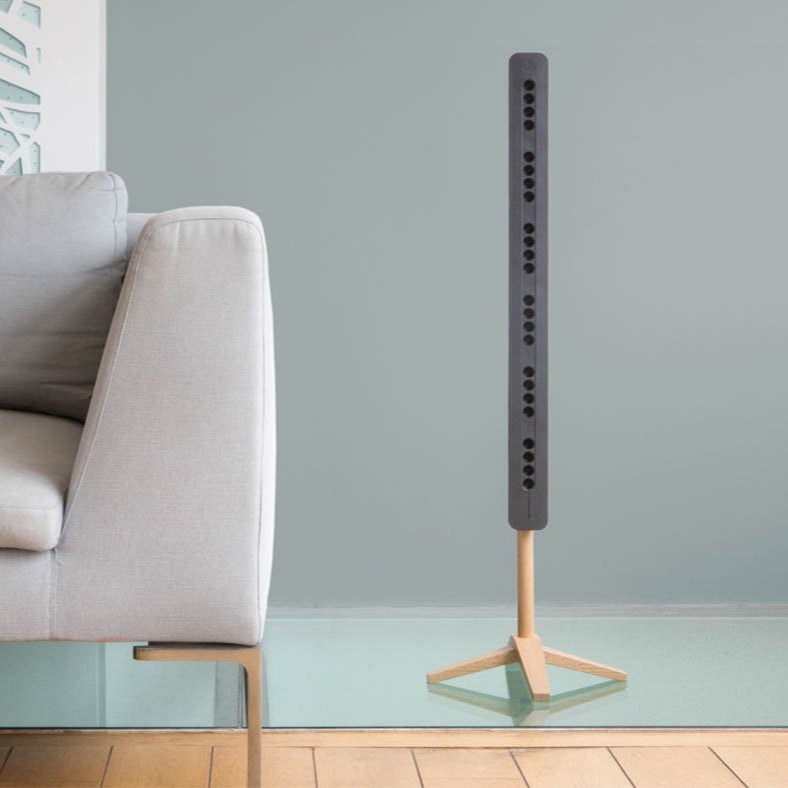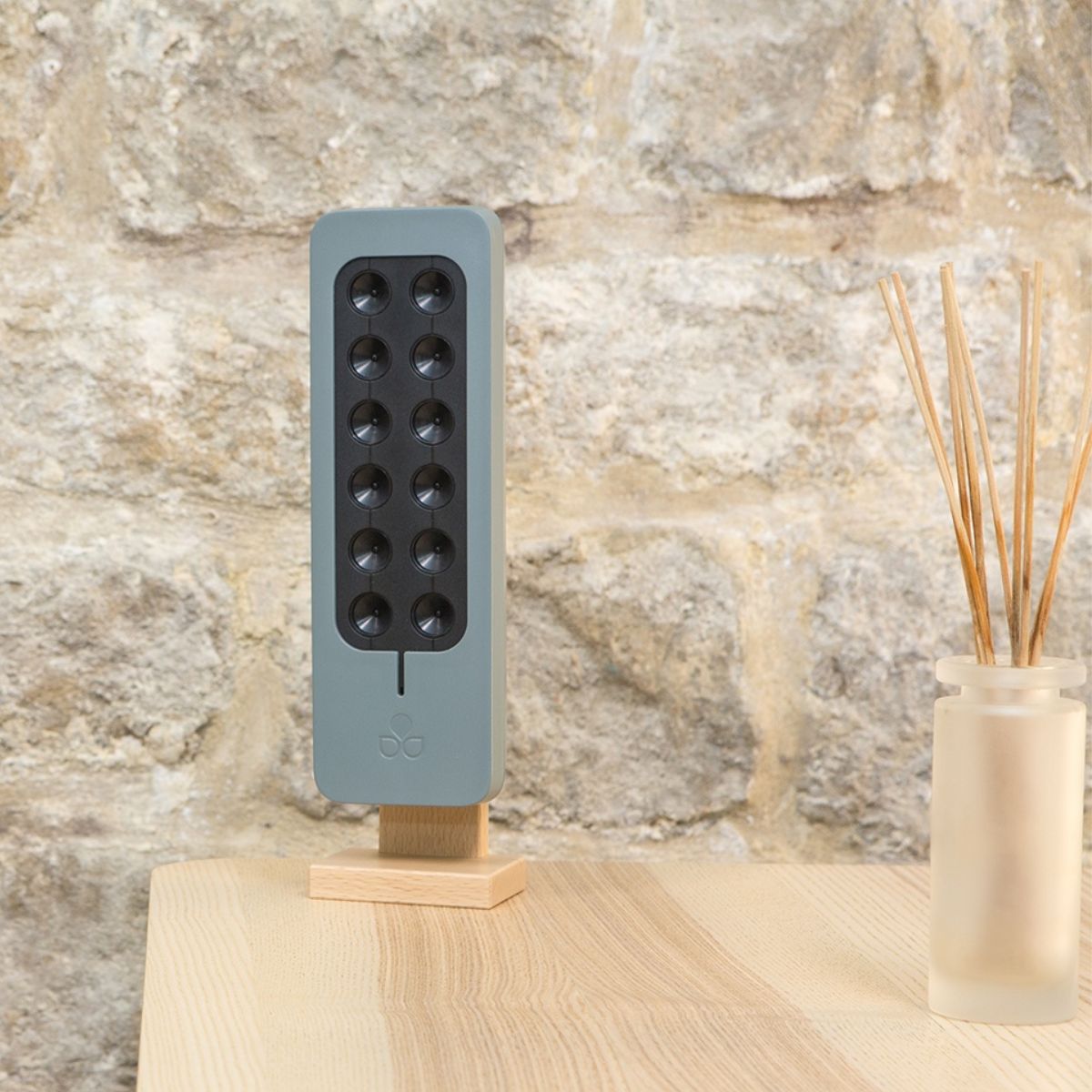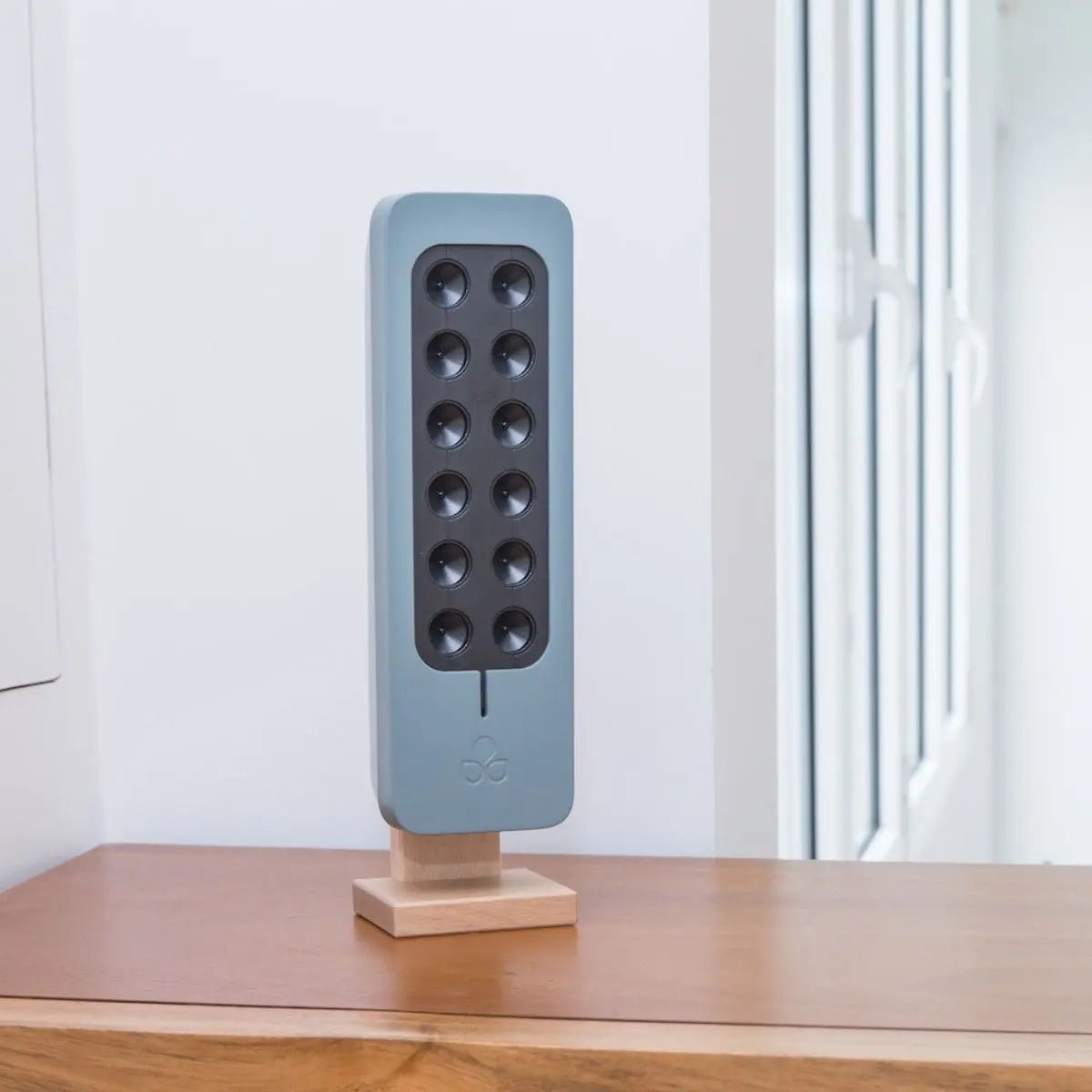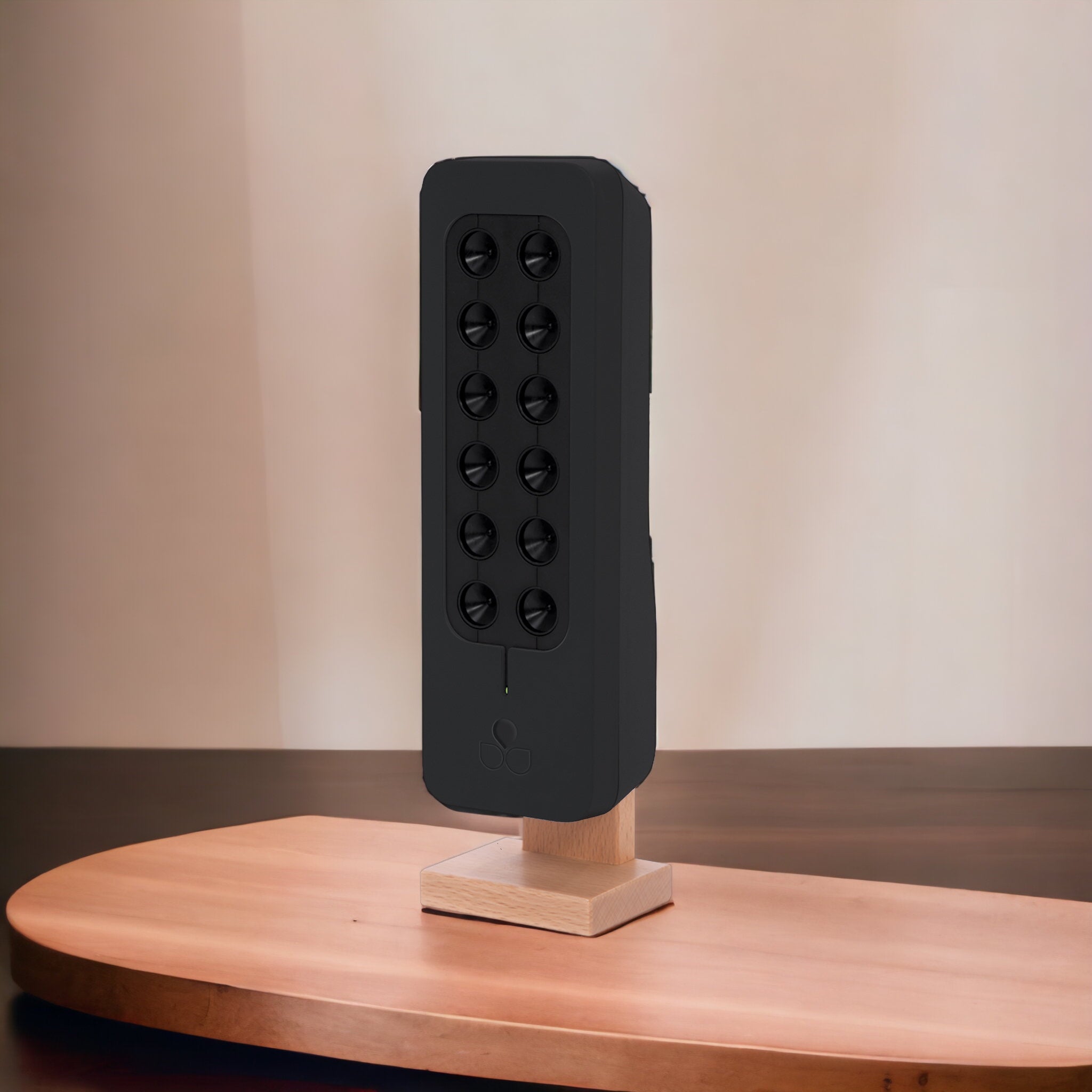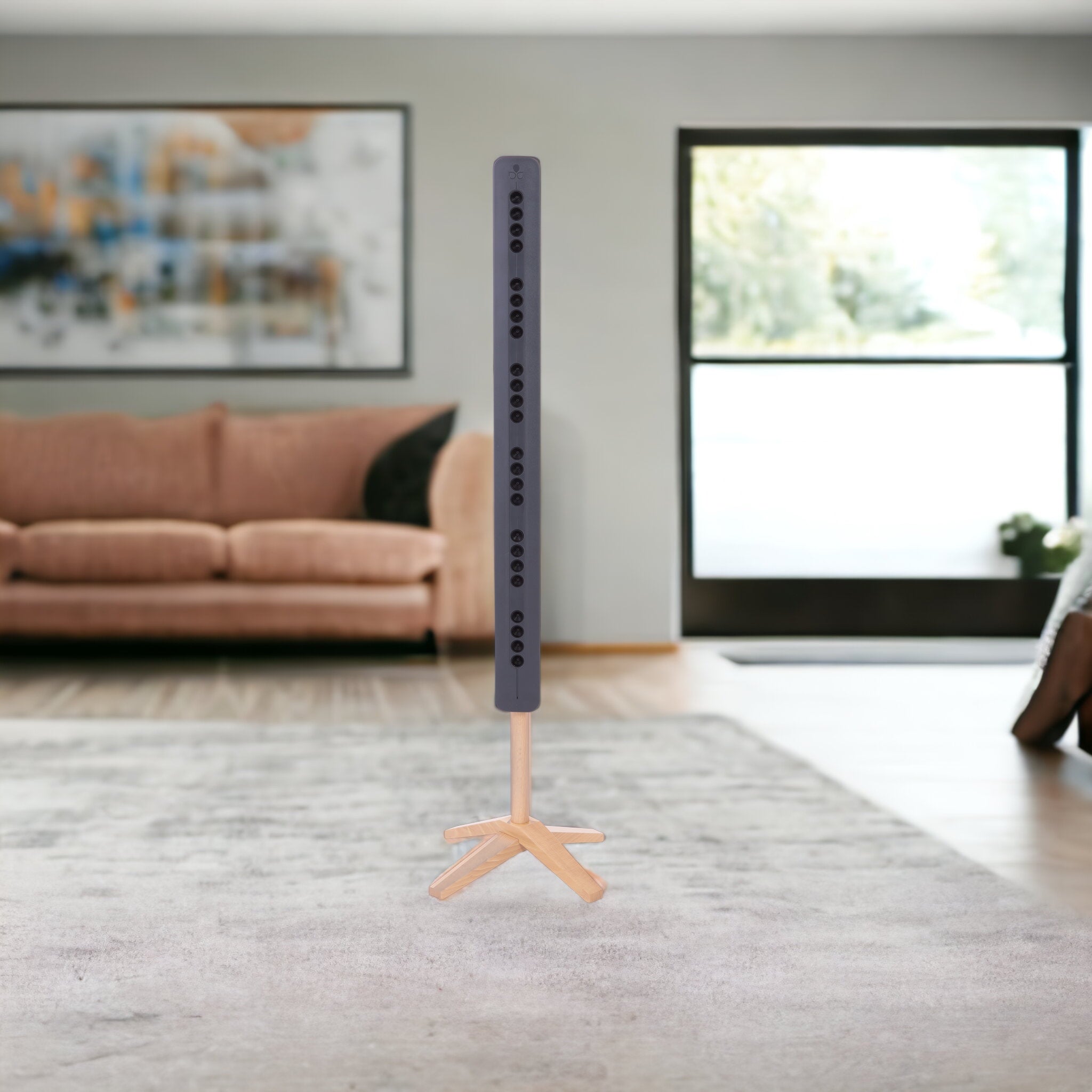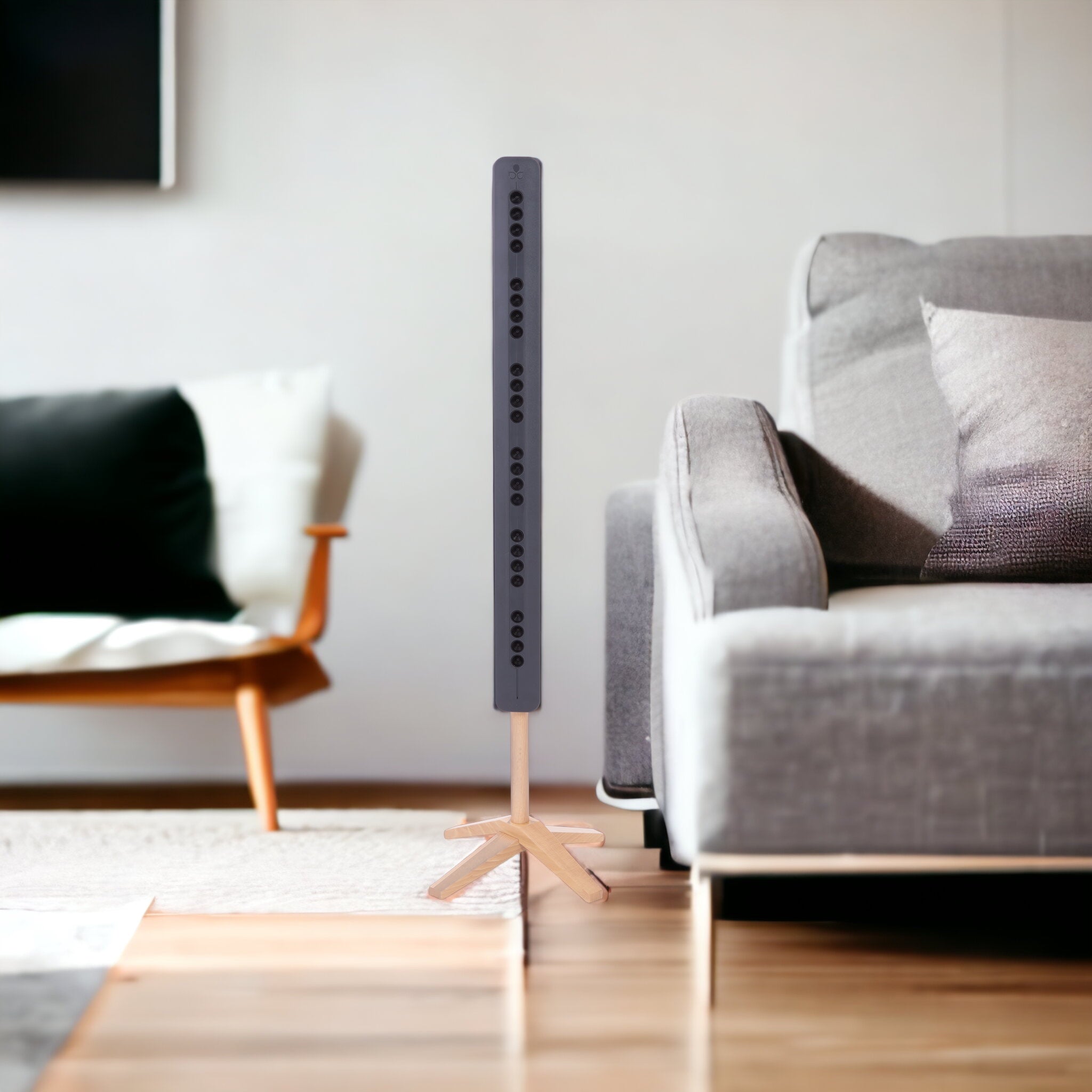Introduction to ionization and its impact on health
In recent years, there has been a growing concern about the quality of air we breathe, especially in urban areas. Air pollution has been linked to a host of health issues, including respiratory problems, allergies, and even cancer. One of the solutions to this problem is air purifiers, which help to filter out harmful pollutants and particles from the air we breathe.
However, there is a lot of confusion and misinformation surrounding ionization and its impact on health. Some people believe that ionization can be dangerous to our health and that it can lead to a range of health problems. In this article, we will explore the myths surrounding ionization and health risks and provide a clear understanding of the facts.
Understanding the myths surrounding ionization and health risks
One of the most common myths surrounding ionization is that it can be dangerous to our health. This myth has been perpetuated by some media outlets and anti-ionization groups, who claim that ionization can lead to a range of health problems, including lung cancer, asthma, and other respiratory problems.
However, the reality is that ionization is not dangerous to our health. In fact, ionization is a natural process that occurs in the environment around us. Lightning, for example, is a natural ionizer that produces negative ions, which can have a range of health benefits, including boosting our mood and reducing stress.
Key differences between air purifiers and ionizers
It is important to understand the key differences between air purifiers and ionizers. An air purifier is a device that uses filters to remove pollutants and particles from the air we breathe. These filters can remove a range of pollutants, including dust, pollen, and smoke.
An ionizer, on the other hand, uses ionization to remove pollutants from the air. An ionizer produces negative ions, which attach themselves to pollutants and particles in the air, making them heavy and causing them to fall to the ground. Ionizers do not use filters, which means that they do not need to be replaced, and they are often more energy-efficient than air purifiers.
How ionizers work and their safety features
Ionizers work by producing negative ions, which attach themselves to pollutants and particles in the air. This causes the pollutants to become heavy and fall to the ground, where they can be easily swept away or vacuumed up. Ionizers do not use filters, which means that they do not need to be replaced, and they are often more energy-efficient than air purifiers.
Ionizers also have a range of safety features that help to ensure that they are safe to use. For example, many ionizers have a safety switch that turns off the device if it overheats or if there is a problem with the electrical system. Additionally, ionizers often have a safety feature that prevents them from producing too many negative ions, which can lead to ozone production.
The impact of ozone on health and safety concerns
Ozone is a gas that can be harmful to our health, especially when it is present in high concentrations. Ozone can irritate the lungs and cause respiratory problems, especially for people with asthma or other respiratory conditions.
Some ionizers produce ozone as a byproduct of the ionization process. This has led to concerns about the safety of ionizers and the potential health risks associated with ozone exposure.
However, it is important to note that not all ionizers produce ozone. Ozone-free ionizers use a different type of ionization process that does not produce ozone as a byproduct. These ionizers are safe to use and do not pose any health risks to users.
Research studies on the safety of ionizers
There have been a number of research studies conducted on the safety of ionizers. The majority of these studies have found that ionizers are safe to use and do not pose any health risks to users.
For example, a study conducted by the University of California, Davis found that ionizers were effective at removing pollutants from the air and that they did not produce any harmful byproducts. Another study conducted by the University of Cincinnati found that ionizers were effective at removing pollutants from the air and that they did not pose any health risks to users.
Best practices for safe use of ionizers
While ionizers are safe to use, it is important to follow best practices to ensure that you are using them safely. Some best practices include:
- Choosing an ozone-free ionizer
- Using the ionizer in a well-ventilated space
- Ensuring that the ionizer is not producing too many negative ions
- Cleaning the ionizer regularly to prevent the buildup of pollutants
By following these best practices, you can ensure that you are using your ionizer safely and effectively.
Ozone-free ionizers and their benefits
Ozone-free ionizers offer a range of benefits over traditional ionizers that produce ozone as a byproduct. For example, ozone-free ionizers are safer to use and do not pose any health risks to users. Additionally, ozone-free ionizers are more environmentally friendly, as they do not produce ozone, which is a greenhouse gas.
Ozone-free ionizers also offer the same benefits as traditional ionizers, including the ability to remove pollutants and particles from the air, improving air quality, and reducing the risk of respiratory problems.
Choosing the right air purifier for your needs
When choosing an air purifier, it is important to consider your specific needs and preferences. Some factors to consider include the size of the room, the level of pollutants in the air, and your budget.
If you are looking for an air purifier that is safe to use and effective at removing pollutants from the air, an ozone-free ionizer may be the right choice for you. These devices are safe, effective, and energy-efficient, making them a great choice for anyone looking to improve the quality of the air they breathe.
Conclusion: Is ionization safe for your health?
In conclusion, ionization is a safe and effective way to improve the quality of the air we breathe. While there are some concerns about the potential health risks associated with ionizers that produce ozone, it is important to note that ozone-free ionizers are safe to use and do not pose any health risks to users.
By following best practices and choosing the right air purifier for your needs, you can ensure that you are using ionization safely and effectively. If you are in the market for an air purifier, consider an ozone-free ionizer, like those offered by Teqoya, for a safe and effective way to improve the quality of the air you breathe.
▶ Discover Teqoya Ozone-Free Air Purifiers
If you are looking for an ozone-free air purifier, consider Teqoya's line of air purifiers. Teqoya's air purifiers use a unique ionization process that does not produce ozone, making them safe to use and environmentally friendly. Visit Teqoya's website to learn more about their products and find the right air purifier for your needs.

